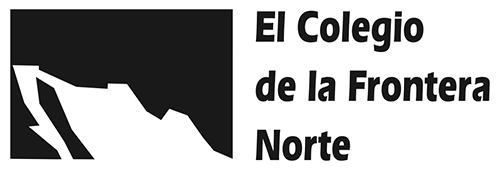Authors publishing work in this journal agree to the following conditions:Authors retain copyright and assign first publication rights to the journal Migraciones Internacionales (MI), with the texts registered under an Attribution-NonCommercial-NoDerivatives 4.0 International Creative Commons license (CC BY-NC-ND 4.0), which allows third parties to use published material provided they give credit to the authors and acknowledge this journal as the first publisher.They authorize the reproduction, publication, translation, communication, and transmission of their paper and all accompanying material, publicly and in any form and by any means; its public distribution in as many copies as required; and public communication thereof in any form, including making it available to the public through electronic means or any other technology, and solely for dissemination and scientific, cultural, and non-commercial purposes.Authors may enter into further independent contractual agreements for the non-exclusive distribution of the version of the paper published in this journal (for instance, to include it in an institutional repository or personal webpage, or publish it in a book), provided it is not for commercial purposes and they clearly state that the work was first published in Migraciones Internacionales (MI) [and add the corresponding bibliographical record: Author/s (Year). Title of paper. Migraciones Internacionales, volume (number), pp. doi: xxxx].To that end, authors must submit the form assigning ownership of first publication rights, duly completed and signed. This document is to be uploaded in PDF format as a complementary file on the OJS platform.This work is released under an Attribution-NonCommercial-NoDerivatives 4.0 International Creative Commons license (CC BY-NC-ND 4.0)..

